9 Is Better Than 10 – At Least When It Comes To pH Buffers
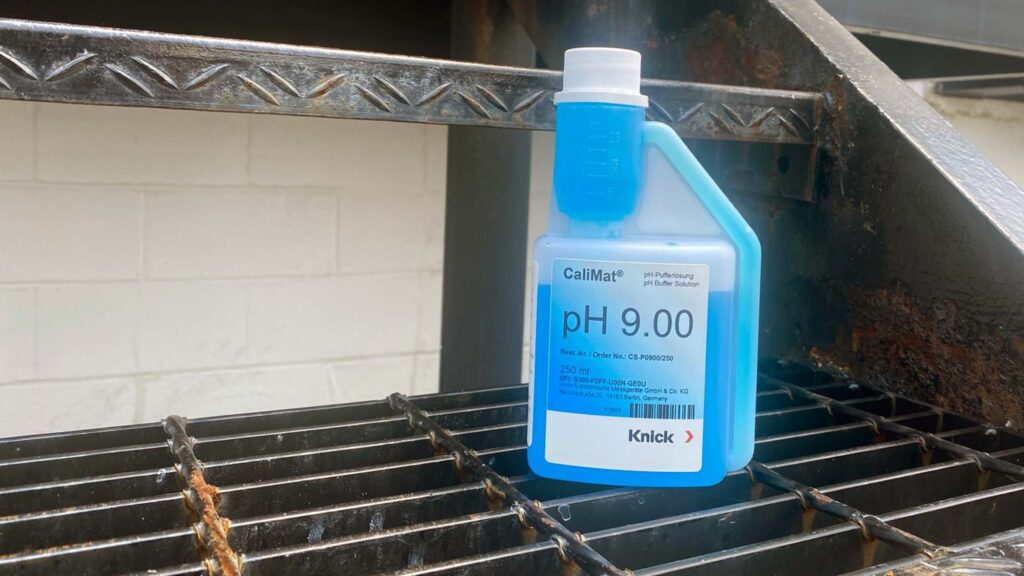
Buffers are aqueous solutions that maintain pH stability despite small additions of acids or bases.
Top 3 Reasons pH Measurements Drift and Their Solutions

“Drift” is the slow movement of the measured value away from the actual, expected pH of the solution.
The Importance of pH Glass Impedance
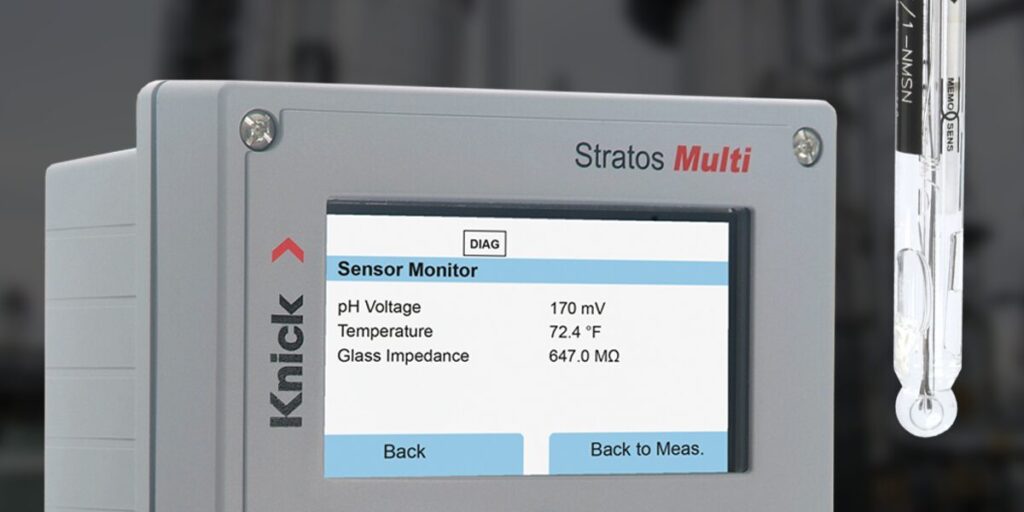
A glass pH measuring electrode is sensitive to hydrogen activity in the measured solution.
A Better pH Calibration when Switching to Automatic Mode
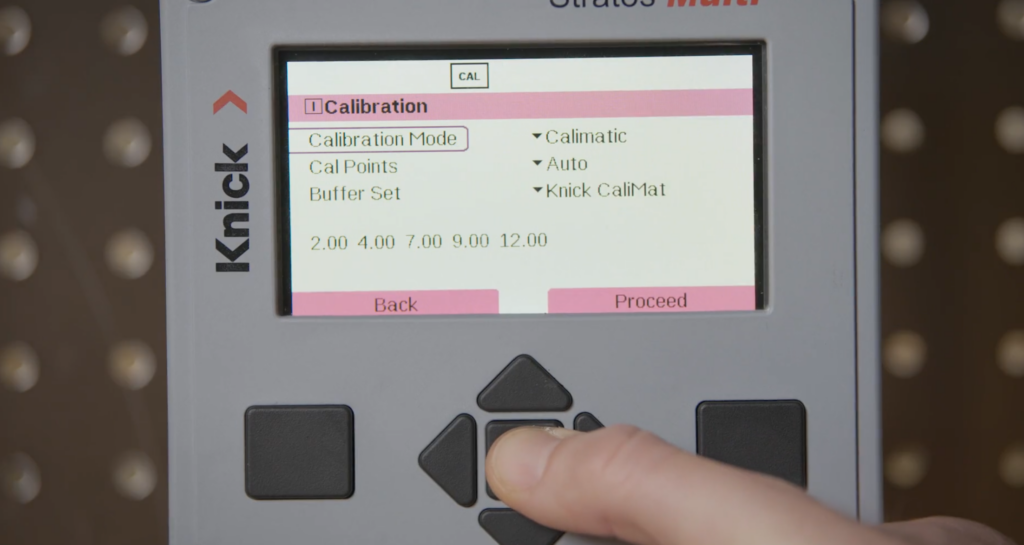
Luckily for users of pH measuring equipment, you can set the calibration process to automatic mode, ensuring precise results.
Ultrapure Water pH Challenges Resolved

Accurately measuring minute changes in UPW pH is critical to ensuring system integrity, product quality, and regulatory compliance.
Why is pH Slope Important?

A pH sensor’s slope is the linear correlation between the raw voltage reading and a pH value.
pH Sensor Solutions: Proper Care and Use
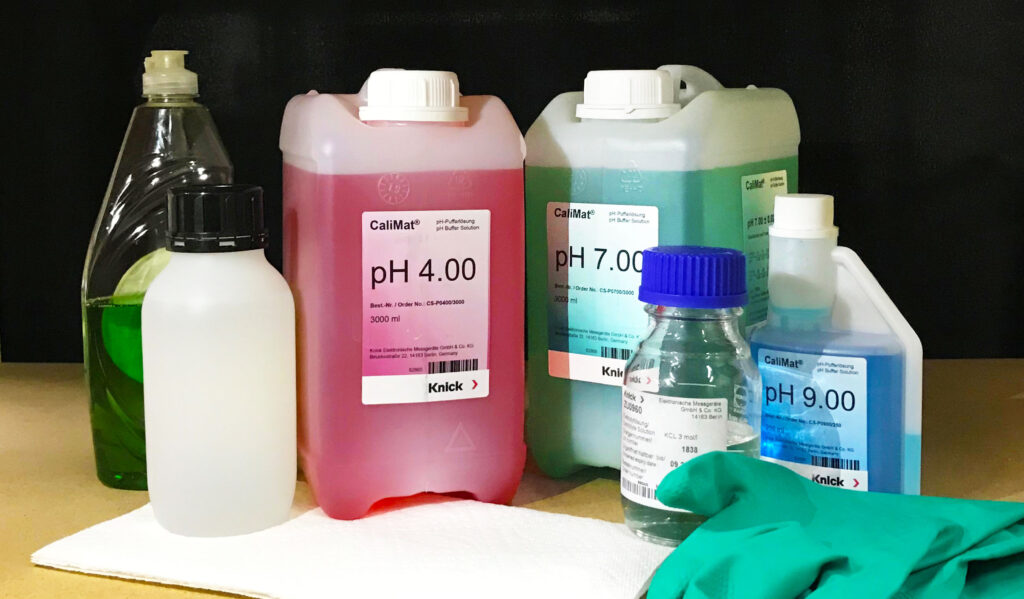
A pH buffer solution removes hydrogen and hydroxide ions, thus ensuring a known stable value typically within ± 0.02 pH units.
Process Efficiency with Digital pH Sensors

Digital sensing technology provides a vast and immediate process efficiency benefit.
Comparing Field and Lab Analyzers for pH Measurement

Use smart digital field sensors that you can calibrate and maintain offline in a shop or laboratory environment.
Tips & Tricks for Obtaining the Most Accurate pH Measurement
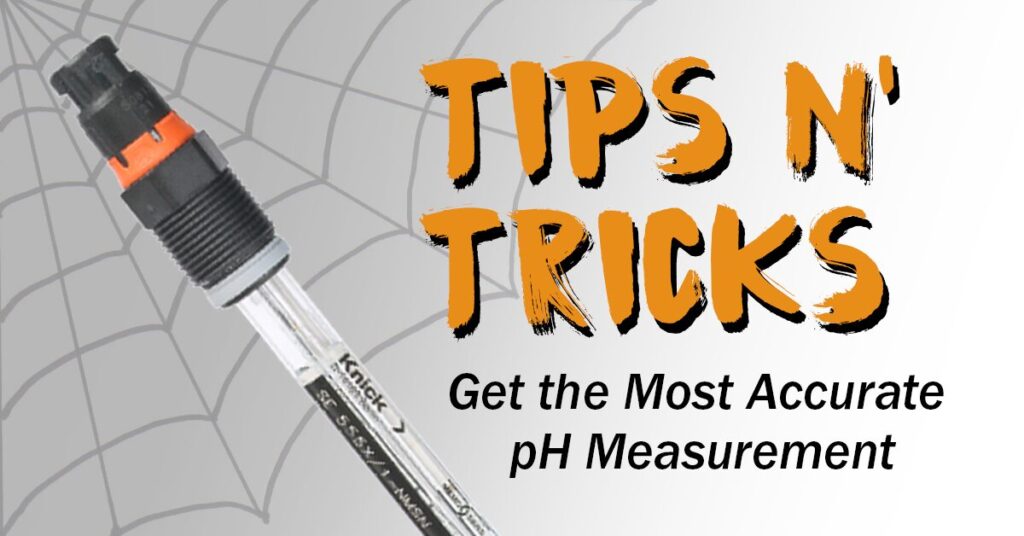
When looking at any pH application, the first thing to consider is the selection of the pH sensor used to make the measurement.
